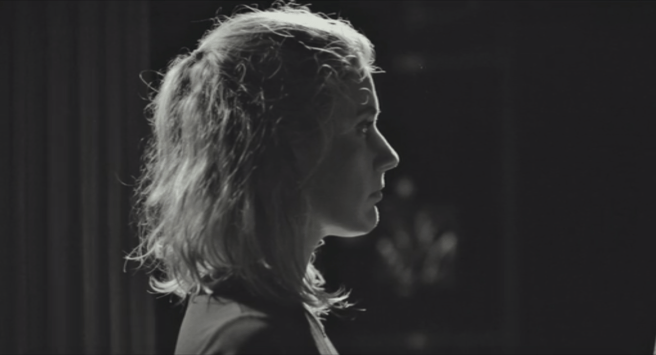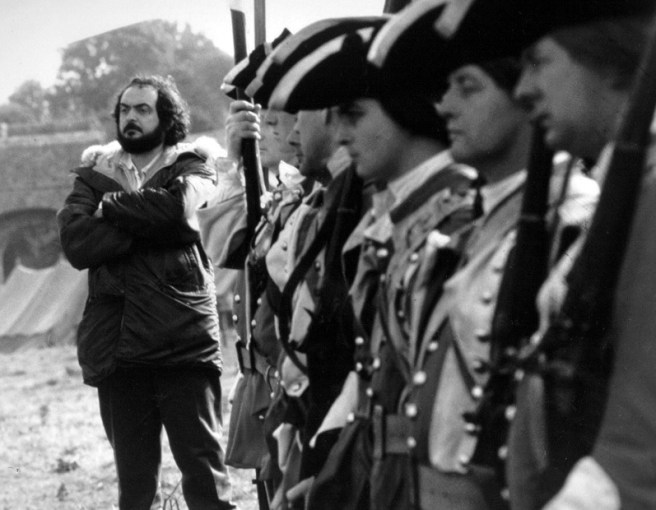“That’s all any of us are: amateurs. We don’t live long enough to be anything else.”
—Charlie Chaplin, Limelight
My wife and I have been talking so much lately about “authenticity” and “honesty” online — this insane idea that you can really tell who or what someone is and how they are doing just by what they show you of themselves on the internet. That social media is somehow a more “authentic,” or more “human” way of presenting yourself, warts and all, to the world. (As if it weren’t, in fact, making it easier to invent more perfect, alter egos — as if we aren’t all carefully selecting and choosing the bits and pieces of our life to show each other — and as if, “IRL,” we didn’t already choose what bits and pieces to show our friends when they came over to dinner [“Sweep that mess into the closet! Do the dishes! Put away the embarrassing records!”]) And how, inevitably, you start measuring your own life against what you see of the lives of others. (cf. “Keeping Up With The Joneses” and “The Referendum” and my friend Paige’s “Why Facebook Makes Us Miserable.”)
This used to happen to me with other artist friends of mine who I follow online, but actually, it was a positive thing. I would see that so-and-so had been on a drawing tear, posting tons of really interesting drawings, and some of them would be really good, and it would get me wanting to draw. Only later, when talking to them in person, would it turn out that they were just as lazy and uninspired sometimes as I was. The myth contained in the images, in a way, did me good, because it made me push myself. But I wondered, for other aspiring artists who aren’t as driven or delusional as me, if the opposite wouldn’t be true, and they would feel discouraged.
This quandery got ratcheted up a bit more after our son was born. I started thinking about how fundamentally unprepared I was for the experience of caring for a newborn. It was simultaneously the best and worst thing that ever happened to me. (As I like to say, even the best baby in the world can still be a complete fucking monster.) I remembered how people told me it was tough, but nobody told me how fucking distressed and insane sleep deprivation would make me, how absolutely full of despair I would feel for that first month, how it would dredge up feelings I hadn’t felt in years, etc.
And yet, there I was, feeling pretty fucking dark, Instagramming perfect photos of my cute kid sleeping, my wife looking like an angel, etc. And there were my friends doing the same, even though I knew, after a drink at the bar, their struggles were mostly the same as mine.
I was talking about this with my friend Steven, and I suggested that there should be a kind of “shadow gallery” on Instagram — a place where you post pictures of your kid at his worst. He said I absolutely had to do this. (He had a friend whose first move after giving birth was to call all of her girlfriends who were moms and swear them out for not being honest with her.)
And then, of course, I thought of a “shadow gallery” for artists — places where they post their work at their worst, where they acknowledge, that they are, in fact, not natural-born geniuses. A blank Microsoft Word screen. A terrible, sloppy drawing. Their Google search histories…
(You’d think someplace like Dribbble would accomplish this — but every work-in-progress I’ve ever seen a designer post there has been borderline perfect. Things organized neatly…)
Then last night my wife sent me this post my a mommyblogger, acknowledging that the reason she seemed so productive is that she has a nanny.
Why are we, as women, so reluctant to talk about the people we hire to help us so that we can do what we do? What are we afraid of? People thinking we CAN’T do it all?
Well, duh.
We fucking can’t.
So what’s this big secret we’re trying to keep and who do we think we’re fooling?
And what is it doing to people who read our blogs and books and pin our how-tos and think that all of these projects are being finished while children sit quietly on the sidelines with their hands in their laps.
What is it doing to you?
We write disclosure copy on posts that are sponsored, giveaways that are donated. We are contractually obligated to label and link but where is the disclosure copy stating how we work from home with small children? How we shoot videos and meet deadlines and go to meetings and travel around the country attending conventions and conferences.
We have help, that’s how!
People have asked me, over the years, how I’m able to do so much. (My first thought is always, “So much? Boy, do I have you fooled.”) Now, I’m thinking of this idea of an Artist’s Disclosure. (Brian Eno had one in his Diary: “one of the reasons I am capable of running three careers in parallel is because I married my manager.”) I’m thinking about what my disclosure might look like, and whether I have the guts to share it, and whether it’d really do anyone any good, including me.
Reminds me: one hiker I met on the Appalachian Trail made sure to take pictures of himself during the worst days on the trail. Tired, cold, rain-soaked, heat exhaustion, dehydrated, muddy, cranky, whatever. It’s a way to remind yourself of the price of admission, and a reminder that you did, in fact, keep doing this cool thing despite the occasional suckiness.



